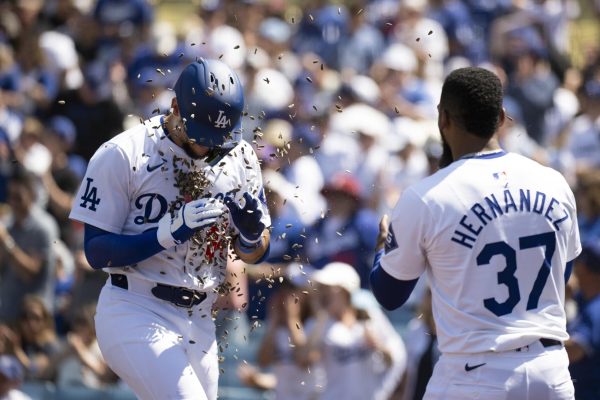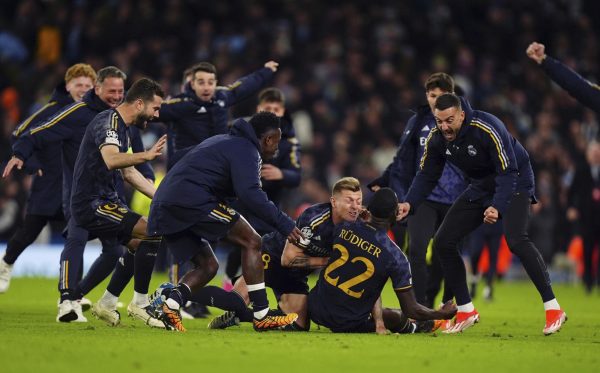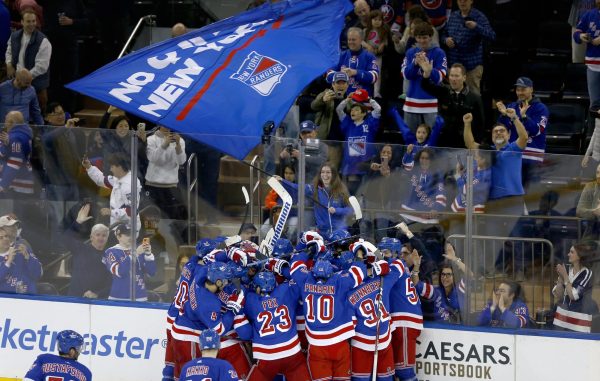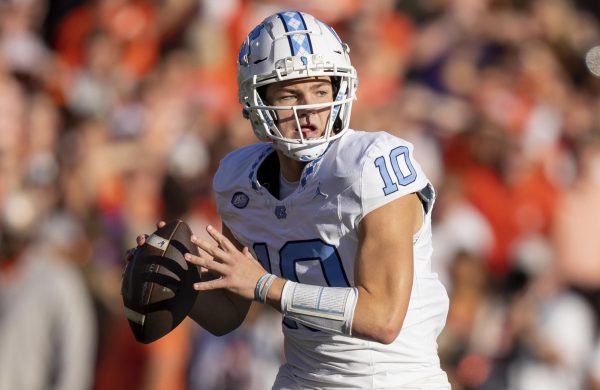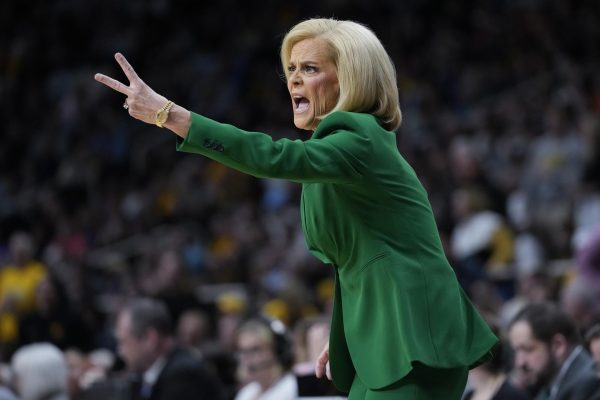Bradford’s Loyalty: Admirable or Stupid?
If hindsight is 20-20, then Sam Bradford’s ophthalmologist should have a sign in his office reading “The 2009 NFL Draft; a really, really great idea.” When Bradford appears in the 2010 NFL Draft, having undergone season-ending shoulder surgery on October 25, he will do so without the swagger and confidence which should accompany a Heisman Trophy Winner. Instead, he will appear, heaven forbid, mortal. The graceless decline of Bradford’s prospects reinforces the old saying, “nice guys finish last,” though it might be more fitting to say that, “nice guys finish on an operating table.”
As painful as it is to admit after watching Bradford lead the Sooners to the Bowl Series National Championship Game, he should have skipped out after last year, his redshirt sophomore season. Even without the Heisman, Bradford presented a near-perfect résumé to potential NFL suitors, throwing for 4,720 yards and 50 touchdowns with just eight interceptions.
Now, not only will Bradford enter the draft marred by surgery and a missed season, but he will be evaluated in direct comparison to Colt McCoy and the illustrious Tim Tebow. Granted, Bradford has spent his entire collegiate career having every minor detail of his game compared to that of his fellow high-caliber quarterbacks. The draft, however, will accelerate this scrutiny into overdrive, examining every fault, every misstep, hunting for any reason to dismiss Bradford. While once upon an April, Bradford could have banked (quite literally) on a top spot in the draft and a lucrative contract in the NFL, the unforeseeable disaster of his 2009 season just might have derailed that gravy train.
Sam Bradford’s injury re-emphasizes the already circulating questions of how the NCAA can protect its players in a system where top-tier student-athletes are asked everyday to risk their health and their shot at a successful career in professional sports. Embodying every ideal that a college football player is supposed to, Bradford has acted as a team player, a student loyal to his school and a young man who, when asked to, stepped up as a role model for the Cherokee Nation. When faced with the choice to enter the draft after the close of last year, Bradford made the honorable decision, one which earned him, if possible, even more adoration and worship from the Oklahoma University faithful. But what did this dedication to college football get him? Bradford was forced into a situation where what appeared to be the right decision for the team has become the absolute wrong decision for himself.
Football demands the sacrifice of the individual player – be it in time, sweat, or shoulders – for the advancement of the team. Frankly, there is nothing wrong with that; it is what makes football an amazing sport. The problem arises, however, when that shoulder is going to have to make a living for the young man attached to it. Furthermore, should that shoulder be put in a position where a multi-million dollar football program, a school’s reputation and a screaming horde of body-painted fans are dependent on his decisions?
When a quarterback becomes the valued property of a school, the pride of a state (well, at least the part that doesn’t root for Oklahoma State University) and the future investment of a professional team, the player loses the luxury of basing life decisions off what he, and he alone, wants. In trying to quiet all the coaches, reporters and fans each screaming for a different choice, a player’s well-being can end up lost, along with the inevitable sponsorship deals and glimmering trophies their future once held. Instead, the player can end up in Dr. James Andrews’ office staring down a six-month recovery.
Although a team of athletes might run onto the field as a single unit, there is no offensive line in the world who can block a bad decision from their quarterback and no offensive coordinator who could have seen this coming. While football might be a team sport, the business of football is not. The problem with college football is that it first trains students to focus on their individual future as professional athletes above all other options and then requires them to risk this future for the betterment of their team, demonizing self-interest as unsportsmanlike. Indeed, wouldn’t many OU fans have called Bradford selfish had he had joined the draft last year?
In a situation that has the potential to become the poster-child for casualties of the NCAA paradox, all hope is not lost for a successful professional career for Bradford. He is expected to make a full recovery in about six months, just in time for the draft, and his predicted rankings in the 2010 Draft range from the 20th selection to below the second round, depending on who you ask.


